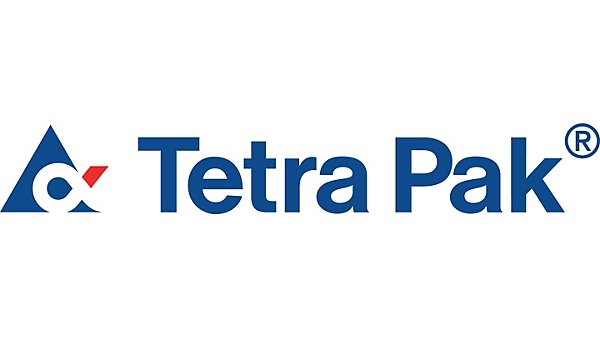Tetra Pak, a food processing and packaging solutions company, restated its commitment to spearheading sustainability transformation with its innovative packaging solutions and comprehensive services aimed at ensuring a sustainable future.
The managing director of Tetra Pak, West Africa, Haithem Debbiche disclosed this at the just concluded Propak West Africa 2024 Exhibition held in Lagos.
Debbiche said that “at Tetra Pak, our vision is to ensure that food is safe and accessible everywhere. This involves collaborating closely with our customers to deliver safe food solutions. Our Ambiance products, which require no refrigeration or preservatives, help extend the shelf life of our customers’ products, allowing them to be distributed nationwide.”
He noted that manufacturers of juice and yoghurt should aim to extend the shelf life of their products beyond six months to ensure an ample supply of food while maintaining safety for customers.
Debbiche said statistics indicated that Nigeria faced significant financial losses due to post-harvest issues, with food waste estimated at around 40 per cent, pointing out that one significant issue was the packaging of foods in large quantities, which frequently resulted in consumers throwing away unused portions.
“Tetra Pak addresses this challenge by providing packaging solutions that enhance shelf life and offer better portion control, thereby reducing food waste and boosting efficiency throughout the food supply chain.
“We have developed smaller 50ml packs to minimise waste, allowing for easy daily consumption of a single portion. This solution was designed to better meet the needs of our customers.
We will be removing the foil that used to be part of our packages, and this would help our packages to be recycled at 90 per cent,” Debbiche stated.
He stated that in partnership with Wecyclers, the firm would be initiating a six-month trial to collect all used carton packages, saying this is to ensure that the cartons are recycled properly rather than being discarded in a way that could harm the environment.
Debbiche added that “today, you will find that most of the juices on the shelves are locally produced, and our company has been instrumental in that shift. We have also made significant strides in the yoghurt market, transitioning it from a cold chain chilled distribution to ambient distribution. As a result, people in remote communities can now access these products without the need for refrigeration.”
He called on the government to support the whole value chain of the sector through the legal framework.











